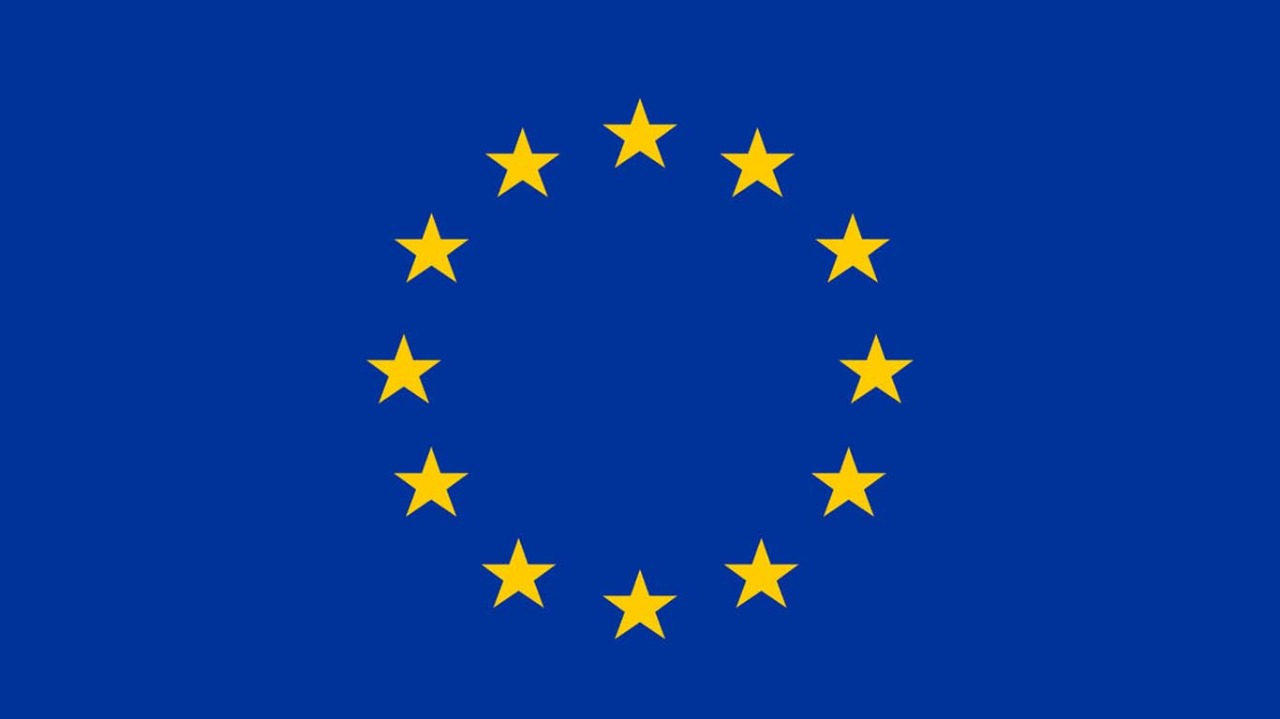These are hard times vis-a-vis the economic scenario around the globe. The world is amidst the greatest economic slump after World War 2 owing to the pandemic. The Frankfurt-based European Central Bank recently predicted that in the aftermath of the pandemic, the eurozone economy is expected to plummet by 8.7% this year because of the pandemic.
Earlier this May, the European Commission had made public a blueprint for €750bn of borrowing based on Franco-German proposal. Germany and France had proposed a 500 billion euro ($543 billion) Recovery Fund in May that would further provide grants to the worst hit EU nations in this pandemic.
To deliberate upon an action plan targeted at the post-pandemic economic recovery, the EU leaders met today at Brussels. The first physical summit since February, that the leaders attended during the pandemic centred around the seven-year, €1.07tn budget.
Where on the one hand, the German and the Italian leaders had been constantly emphasising on the need for sizable financial deals for the bloc’s economic resurgence, the northern states, including Netherlands, who is a part of the “Frugal Four” countries, were in favour of cuts in the grants and loans.
A day before the meeting, German Chancellor Angela Merkel had remarked, “the differences are very very big and I cannot say if we will find a solution this time”.
Adversely hit by the COVID-19 pandemic that cost thousands of lives, Italy and Spain are in favour of massive recovery funds that would prove instrumental in aiding them to revive their run-down economies.
But the meeting that was held early this Saturday morning brought in rather grim news. The EU leaders failed to concede with each other and the endeavour to pass the €750bn economic recovery package fell through in the first half of the summit.
There was a heated discussion as to what criteria should be delineated to administer the stimulus plan. It was debated that there ought to be a set standard that could be used to decide the amount of money that each country should get.
Charles Michel, the European Council president assured the leaders that he would ruminate over a possible concord that would enable a solid deal. The summit proceedings shed light on the degree of difference that existed between the EU nations regarding the recovery deal and the capital that could be borrowed from the market on a large scale.
A major bone of contention remains Netherlands’ emphasis on tightening the noose around the countries entitled to the possible grants, since it fears misuse of funds at their hands. One of the diplomats stated that, “The magical number for cuts has always been €100bn for the frugals.” The size of the recovery package and the related seven year plan also brought under question
EU’s future budget plans.
Concerns surrounding the involvement of the rule of law regarding loan recoveries also heated the discussions. It was argued that unprecedented loans given to certain countries should be accompanied with greater surveillance in comparison to regular loans.
Amidst all this conundrum, the larger and more important concern that the EU faces at this hour is the failure to come to a consensus. In such a situation, the need for another summit at Brussels will become imperative before the month ends.









